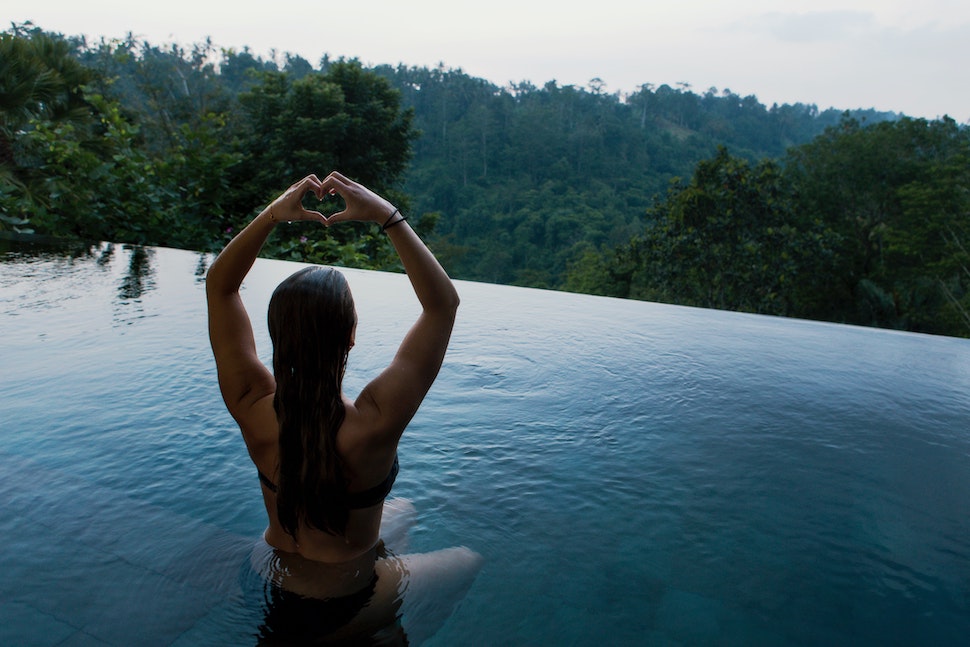
In My Opinion . . .
I’ve valued preparing for my career in the spa industry more than anything else. I’ve worked in spas for six years, am currently a senior in the Hospitality Administration program at Boston University, and am beginning the Spa Management certificate program through UC Irvine. However, despite all my rigorous preparation, the world I’ll be graduating into will be markedly different than the one I would have expected before the start of this year. We’ve endured through a pandemic, protests and riots, economic turmoil, turbulent politics and warmongering—events that have changed the landscape of our societies.
As a result of COVID-19 in particular, so many industries will be adapting to a “new normal.” I’ve been speculating as to what the immediate changes will be like for the spa industry, and I’ve learned of many adaptations being already made. Countless spa leaders have come together to discuss what must be done immediately, with ISPA recently distributing its Reopening Toolkit providing best practices on how to ensure health and safety of spa guests and employees. Some spas have expanded their menus to include immune-boosting treatments. It has been a scramble and a challenge for the industry to figure out how to tackle these changes head-on in the short term.
A Purveyor of Positivity
Being a purveyor of positivity, in the middle of adversity I cannot help but always see opportunity—and I can’t help but think that in this changed world, one that is now hyper health-conscious, stressed out, and down in spirit, the spa industry as a whole can use this ethos of change to evolve into more than it has ever been and become more central in our lives than ever before. We are at a peak of people feeling desperate for relaxation, starved of human connection, needing to call forth positive emotions, and being fervent to maintain their health and wellness—a problem that holistic institutions like spas are suited to solve better than anywhere else. There is going to be a spike in demand for services once the dust has settled and operations have reached the “new normal,” and I’m excited to see spas position themselves to meet it to whatever capacity they can.
As I begin my career, I will remain hopeful that as the world heals, spas will become places of service that are more essential in people’s lives than ever before.
Throughout history, spas have aimed to alleviate stress and provide emotional connection, but it has become clear that stress has more of an impact on physical health than previously known. Psychoneuroimmunology has shown that a stressed mind results in a body with a weaker immune system, and a lack of human connection can also be a major stressor and exacerbates the development and impact of illness and disease. These are issues that will be especially front-and-center in a post-COVID-19 society, ones which no pill or shot can really treat—but the services offered in spas can, and I believe people will be clamoring for them now that most everyone is hyper health-conscious. I would hope that the goal of providing such services will drive continued innovation as we move forward. In particular, how to design the most effective, value-driven treatments and provide the highest quality service with a holistic approach to treating the mind, body, and spirit as one interconnected system.
On Healthcare, Nature & Community
Naturally, to meet these goals, there must be a focus on evidenced-based treatments and services. Guests will visit spas concerned with receiving genuinely effective treatments and ones of high value, necessitating a move towards scientific validity. This pursuit would bring spas even closer towards working complimentarily with the healthcare industry, filling a devastating gap in preventative healthcare and further proving spas’ legitimacy as institutions, which I believe is the future of the wellness movement from here on out. Many of the worst health issues can be prevented by regular, guided wellness experiences and spas will be the perfect provisioners of them.
Additionally, I would hope spas continue to value being bastions of experiencing the natural world and human connection and a place to unplug from our increasingly technological world. Many have predicted that post-COVID-19, our working conditions will be changing drastically, as distance-work has been embraced and more and more people will communicate through video call platforms instead of in person. I feel this direction will only exacerbate the issues above that increasing technological dominance in our lives has brought, and I can see spas offering respite alongside their services, respite that more and more will seek out.
When Howard Schultz was envisioning Starbucks, his goal was for each location to be a “third place”—the first and second being home and work respectively—for people to spend their time and gather as a community. I hope that in pursuing these directions spas will become a “fourth place” of importance for as many people as possible across all demographics, for both the continued growth and evolution of the industry moving forward and for the betterment of society. As I begin my career, I will remain hopeful that as the world heals, spas will become these places of service that are more essential in people’s lives than ever before, and I’ve come to look forward to contributing to this future now more than ever.
Matthew Brooks
Matthew Brooks is a Massachusetts native and a junior BSc. in Hospitality Administration candidate with minors in chemistry and medical anthropology at Boston University’s School of Hospitality. He has experience working for a five-star luxury spa, which inspired him to pursue his degree and to prepare for a professional career in wellness hospitality. A world traveler with a passion for life, his imperative is to be of service to others, with the dream of developing and managing spas and other wellness facilities to provide evidence-based, holistic wellness services that improve the health and wellbeing of others.